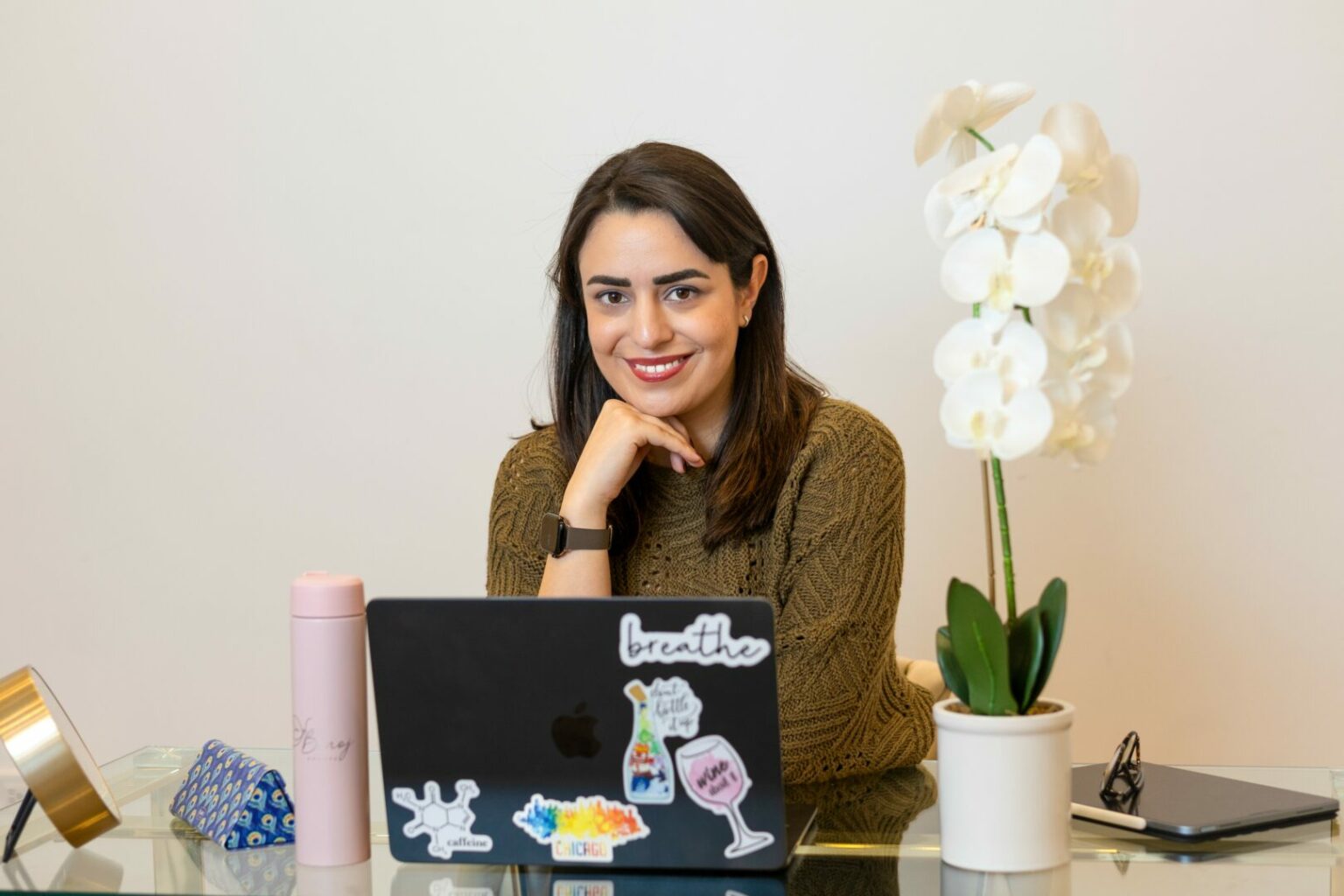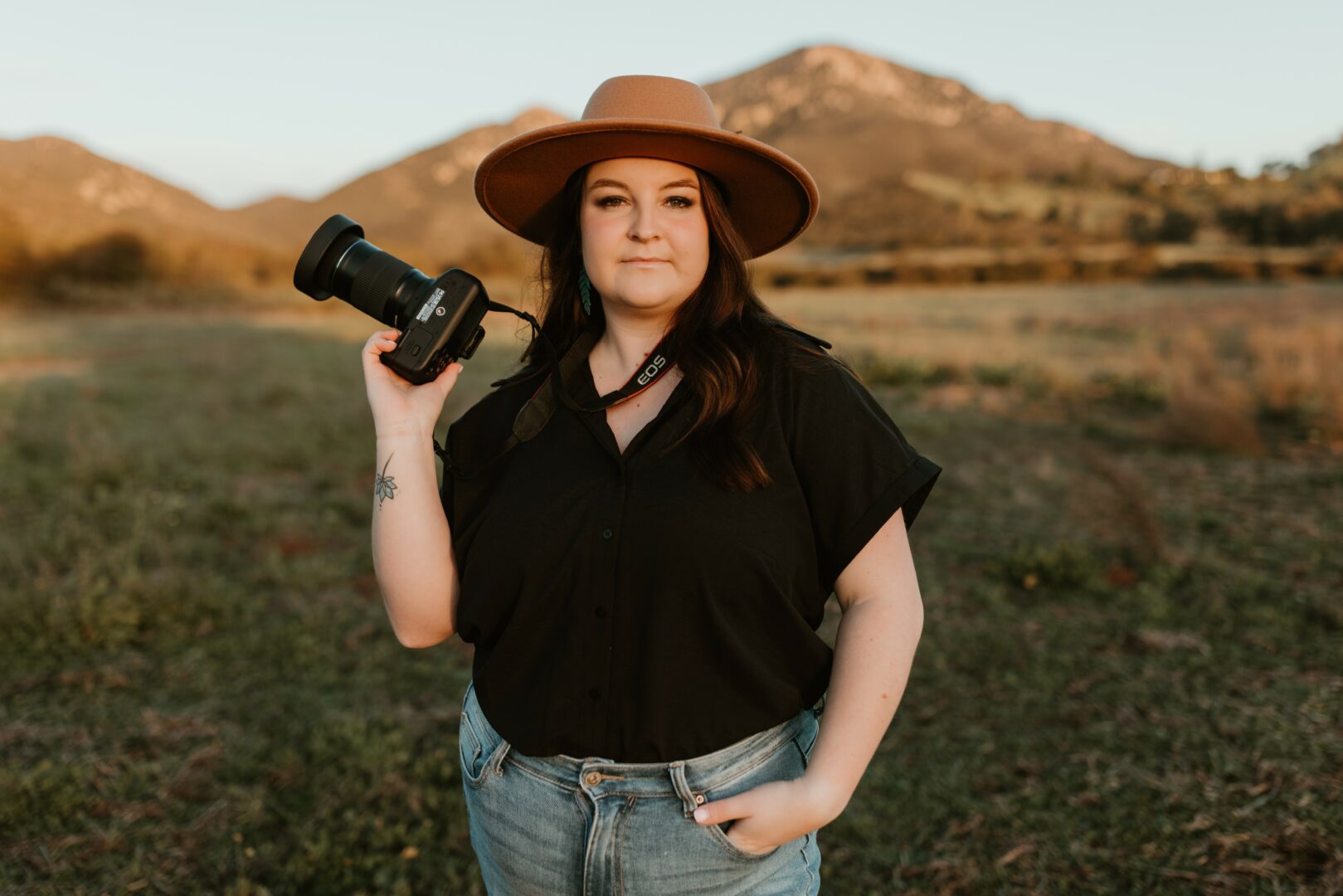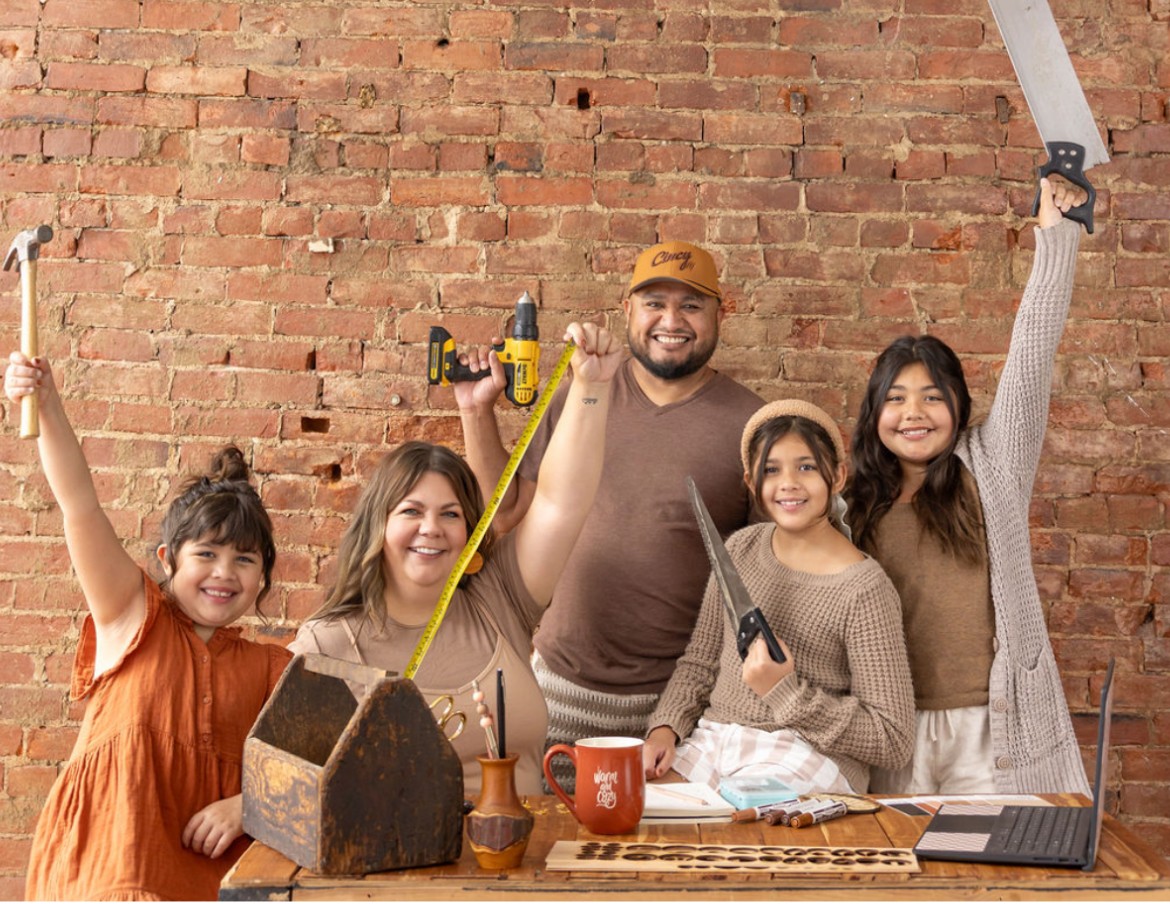We were lucky to catch up with Yu Sun recently and have shared our conversation below.
Yu, so good to have you with us today. We’ve always been impressed with folks who have a very clear sense of purpose and so maybe we can jump right in and talk about how you found your purpose?
Discovering my life purpose has been a long journey. I experimented with various things—sports, painting, writing, dancing, and playing instruments. While these activities brought me moments of happiness, such as the dopamine rush from playing badminton, they didn’t provide a deep sense of fulfillment. Unintentionally, the lockdown during the Covid pandemic, gave me the time and opportunity to really reflect on myself.
I look back on my school years and remember that I often feel mentally stifled. That pressure came from having my thoughts dismissed by my family and society, as well as conforming to adult authority. However, a chance experience of imitating a sketch comedy by a famous Chinese comedian in school, earned me a lot of attention from the audience. Watching them glued to my performance and laughing out, I realized for the first time how precious empathy was to me. I could see my self-worth reflected in their reactions. I feel like what I’ve been chasing my whole life is the audience. Reflecting on my writing experience, the most important part for me has always been having someone read my work and connect with it emotionally. Getting feedback from others is what truly makes me feel fulfilled. In the end, I chose filmmaking. This experience made me realize that there is only free expression in the world of film instead of the standard for judging expression; And I did got my audience which brings me the sense of achievement.
Discovering life purpose is not just a personal exploration but also involves understanding the world and connecting with others. I believe the most important thing is to keep trying and reflecting. When you experience true happiness and a sense of accomplishment, that’s when you know you’ve found your life’s purpose.
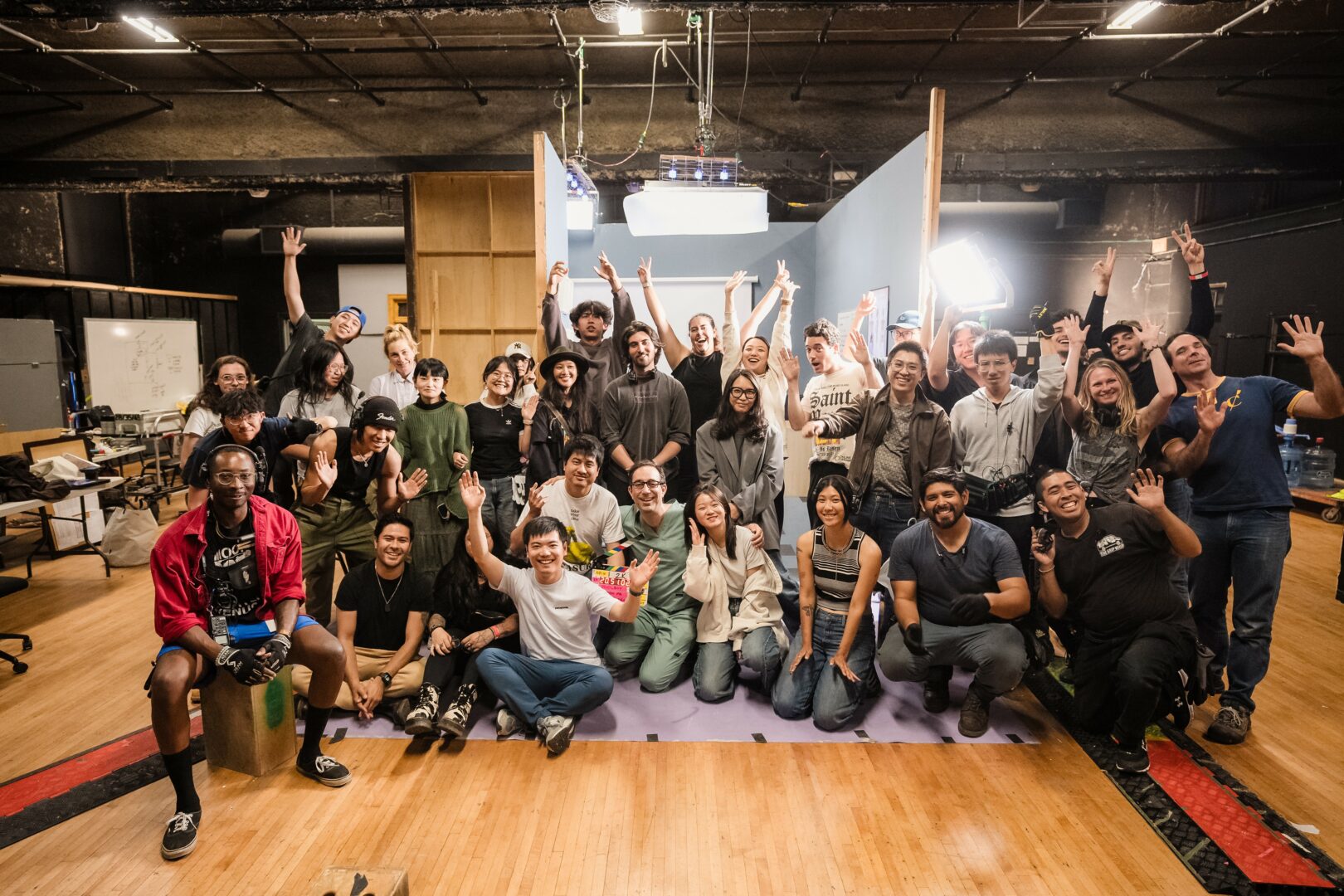
Let’s take a small detour – maybe you can share a bit about yourself before we dive back into some of the other questions we had for you?
I am currently a film editor based in Los Angeles. In my creative career, I have edited films across various genres, including family drama, fantasy comedy, social realism, romance, and documentary, and I am passionate about creating different tones. This experience has honed my flexible, creative thinking, which is also reflected in my collaborative communication. I can easily understand different creative perspectives and provide directors with helpful solutions. As an editor, I focus on the emotions that the story conveys to the audience, which guides my editing style and rhythm control. I believe I have a strong sense of empathy, making me particularly sensitive to scenes with intense emotional performances by actors.
For my personal taste, I like films that explore social realities presented in a dramatized form. Based on my own experiences, I feel a deep connection to and have much to express about stories in themes of family and education. A project that I’m particularly proud of named “Hide and Seek,” a film for which I worked as director, screenwriter, producer, and editor. It tells the story of a toxic relationship between two girls from different social classes. They like each other, but the disparity in their social backgrounds leads to the friendship’s breakdown. I believe that the most impactful emotions in a narrative aren’t those imposed by the writer but are the result of natural occurrences guided by character setup in a social context. Therefore, in both filming and editing, I emphasized the ending, using appropriate music to give the story its punchline.
Now I’m working on my AFI thesis project “Poolboy”. It is a little sad but comedic story of a man who was in his final stage of life after realizing his cancer. I feel this project was challenging to me. The footage of this film had a lot of versatility and room for creativity, which expanded my thinking as an editor. I was exciting for creating into non-linear style to making such special tone piece.
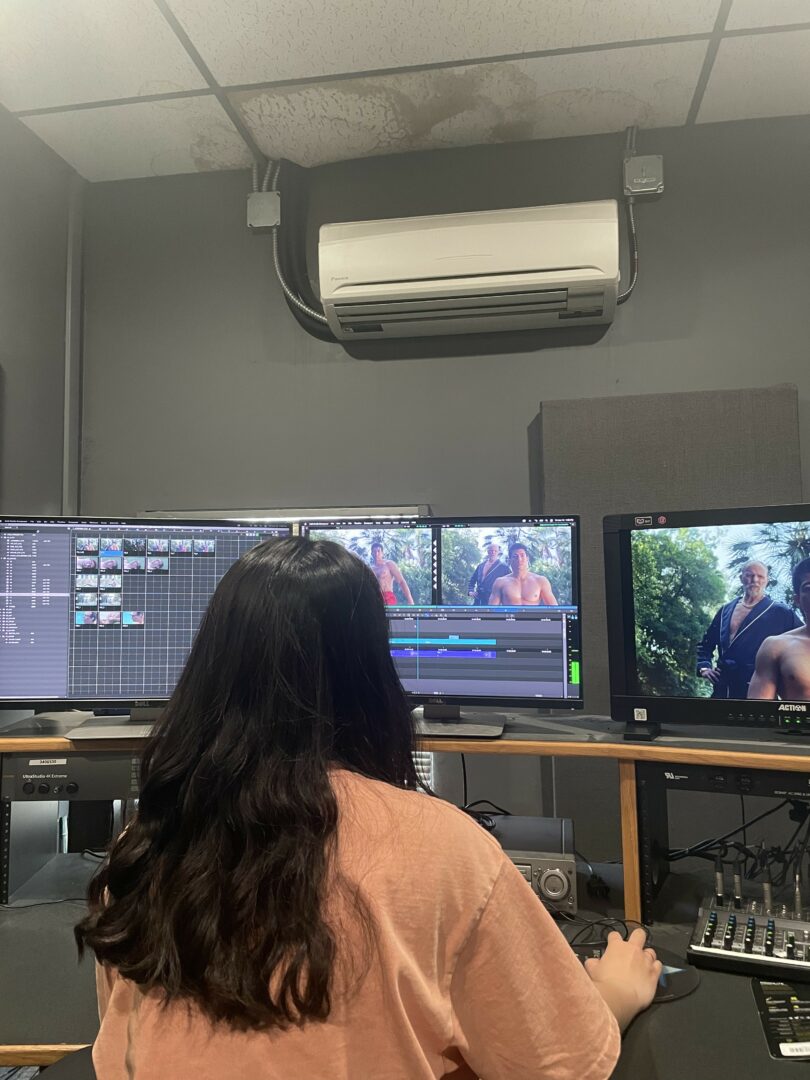
There is so much advice out there about all the different skills and qualities folks need to develop in order to succeed in today’s highly competitive environment and often it can feel overwhelming. So, if we had to break it down to just the three that matter most, which three skills or qualities would you focus on?
Filmmaking is a complex art influenced by many factors. Creativity and execution are the core drivers of any project. As a filmmaker, it’s essential to keep your passion alive, because the journey is not easy. While most start with artistic intentions, filmmaking is also a business, which means you have to juggle your creative vision with market demands and collaborating relationships. The production process is full of challenges that can easily drain your enthusiasm. However, I believe that no matter what obstacles you face, it’s crucial to stay true to your original vision. Inspiration is the foundation of any great piece of art. Secondly, I believe filmmakers need to be great communicators in any collaborative relationship. It’s a job that comes with a lot of pressure because the outcome relies heavily on collective effort rather than individual control and direction. From my own experience, I’ve found myself struggling emotionally due to work pressure. When a film takes an unexpected direction for various complicated reasons, it will be tend to let emotions take over and taking things in personal way. I’ve had arguments with team members before, but looking back, it was just a form of stress transfer that didn’t benefit the work in any way. Healthy communication should be built on trust with your collaborators. Making a film shouldn’t be an independent effort; it’s about communicating and combining everyone’s ideas to achieve the final result. Moreover, a filmmaker’s output comes from constantly gathering information from everyday life, which helps spark inspiration. That’s why I personally believe that even when work feels overwhelming, it’s important not to stay too focused on it. Just take a breathe, to keep my mental and physical well-being. Also, talking with others in the industry can help solve challenges to some extent. Everyone’s experiences can be really helpful, and the process of communicating with them often leads to self-reflection, which ultimately contributes to a smoother creative outcome.
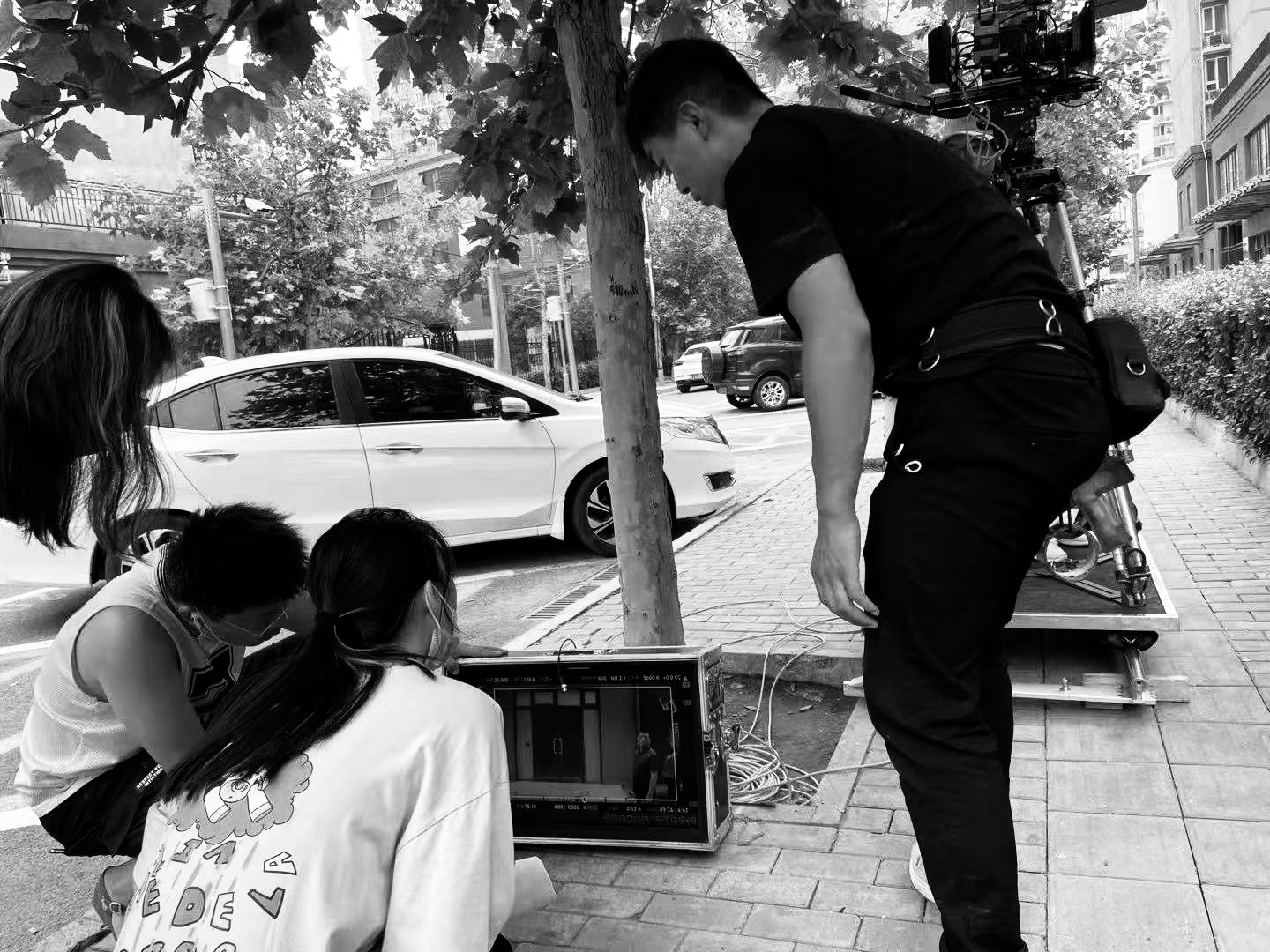
As we end our chat, is there a book you can leave people with that’s been meaningful to you and your development?
The book “Courage to be Disliked”, by Ichiro Kishimi, influences me a lot in my life. One particular sentence really resonated with me: “To have the courage to be disliked, we need to be able to look at others as equals, not above or below us. Redefining your hierarchy in the world has the ability to change your life for the better. ” In my filmmaking journey, this book has been a constant source of guidance. I used to struggle with interpersonal relationships, which affected my collaborations. But this book has helped me stay more focused on my own efforts and disregard external factors that might disrupt my emotions.
Contact Info:
- Website: https://bobbysonn2000.wixsite.com/poppy
- Instagram: https://www.instagram.com/kojunkim/
- Linkedin: https://www.linkedin.com/in/yu-sun-6495b02a3/
- Youtube: https://www.youtube.com/channel/UCQ_wFKjz_lJefjiZAyzbDnQ
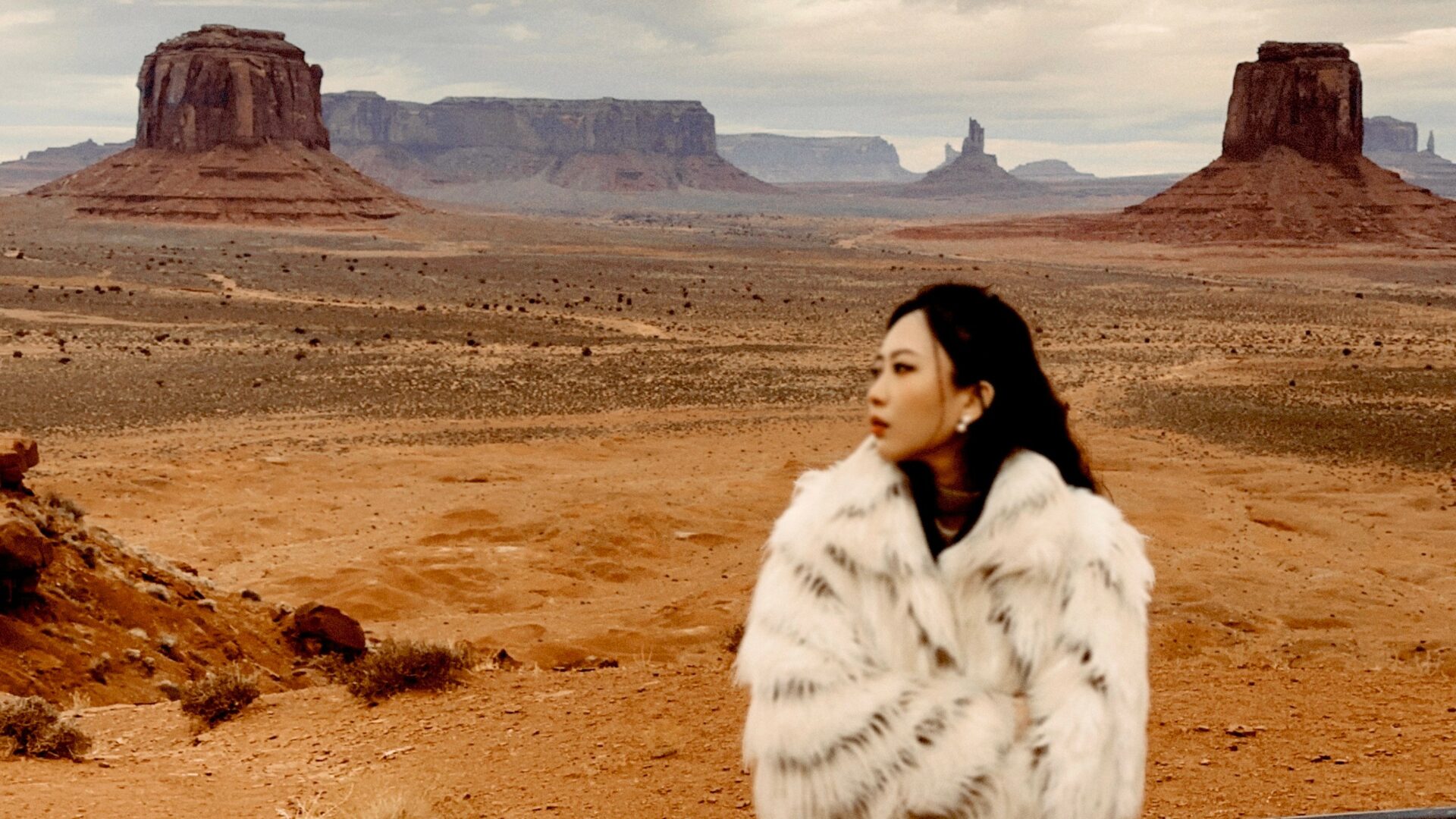
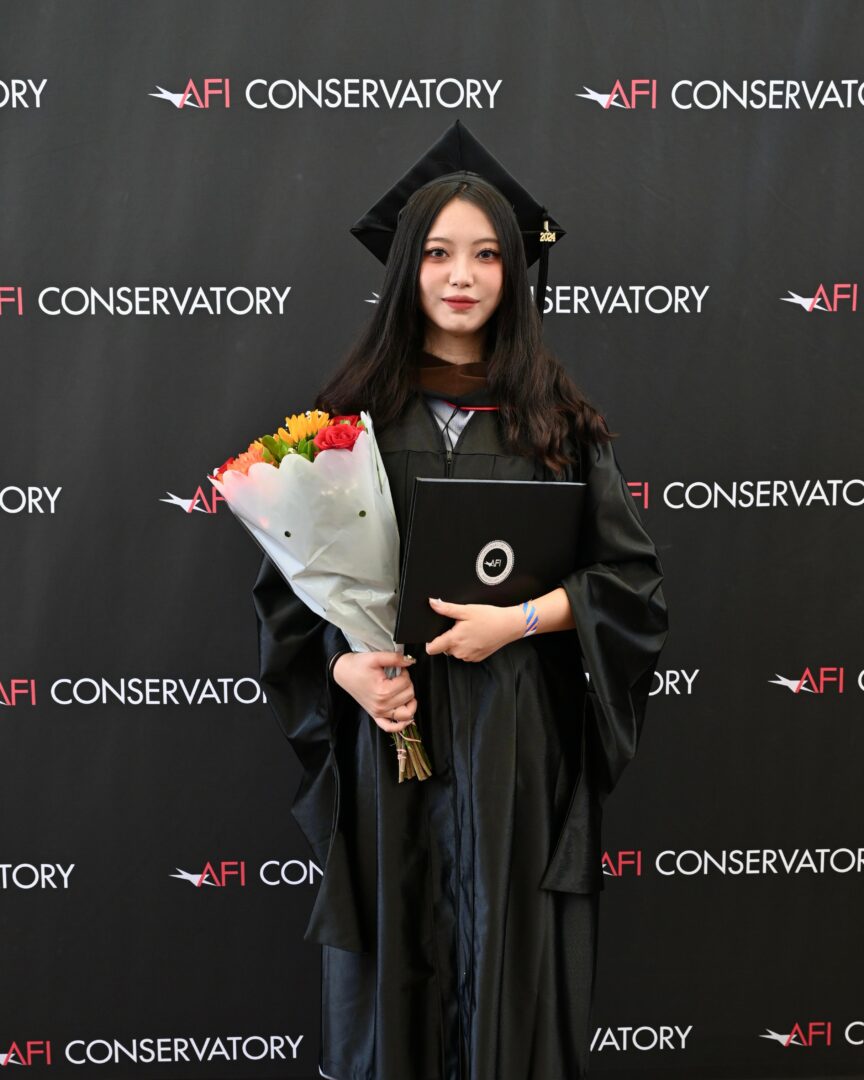
so if you or someone you know deserves recognition please let us know here.


